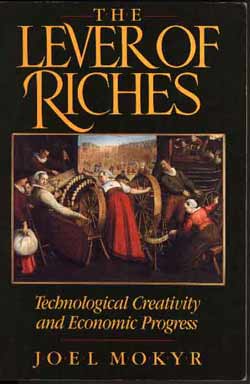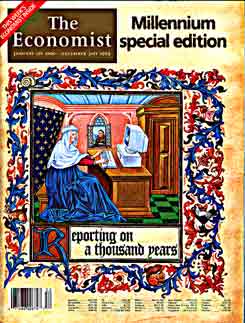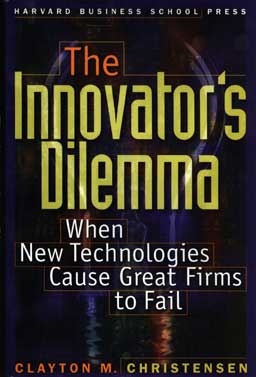|
|
|
|
|
|
|
|
|
|
|
|
|
|
|
|
An ongoing, stimulating, and insightful commentary on economic history and the role of technology can be found in the writing of Brad deLong which can be accessed from his website.
A number of economic historians have sought to identify the conditions which favour technological innovation and the corresponding economic growth. The books below deal with these and related questions.
|
|
|
|
|
|
|
|
|
A fascinating account of the technical changes which raised standards of living across Europe
Cambridge University Press 1969 560pp
Landes asks why did modern industrial technology emerge first in Europe. He emphasises the political, institutional and legal environment which limited the role of the state and provided an effective basis for private economic enterprise. He also regards as important the high value placed on rational manipulation of the environment.
|
|
 |
|
|
|
|
|
|
|
Mokyr’s erudite book is based on the thesis that technological creativity is the key ingredient of economic growth.
Oxford University Press 1990 350pp
|
 |
|
|
|
|
 |
Cambridge University Press 1982 300pp
For economists, technological phenomena have traditionally been treated as if they were a black box. Rosenberg attempts to look inside.
After surveying the literature on technical change he investigates a number of characteristics of technology, innovation and technology transfer.
|
|
|
|
|
|
The Economist‘s account of the last one thousand years highlights the amazing economic growth which has occurred since 1750 as a result of technological innovation.
see page 10 "The Road to Riches"
It also discusses the social impacts of technological change over the Millenium.
|
 |
|
|
|
|
|
|
 |
W.W.Norton & Company 1998 640pp
The subtitle, "Why are some so rich and some so poor", conveys the theme of this book, which explores how the work- and knowledge-focused culture of the open societies of the West brought prosperity not enjoyed until recently in other parts of the globe.
A Review by Brad DeLong
|
|
|
|
|
|
|
Harvard Business School Press 1997 225 pp
An often cited book with the theme that when technology is "disruptive" conventional good management can fail to sustain a successful company.
A contribution to understanding the relationships between technological change and business success.
|
 |
|
|
|
|
|
|
|
|
|
|
|
|
|
|
|
|
|
|
|

